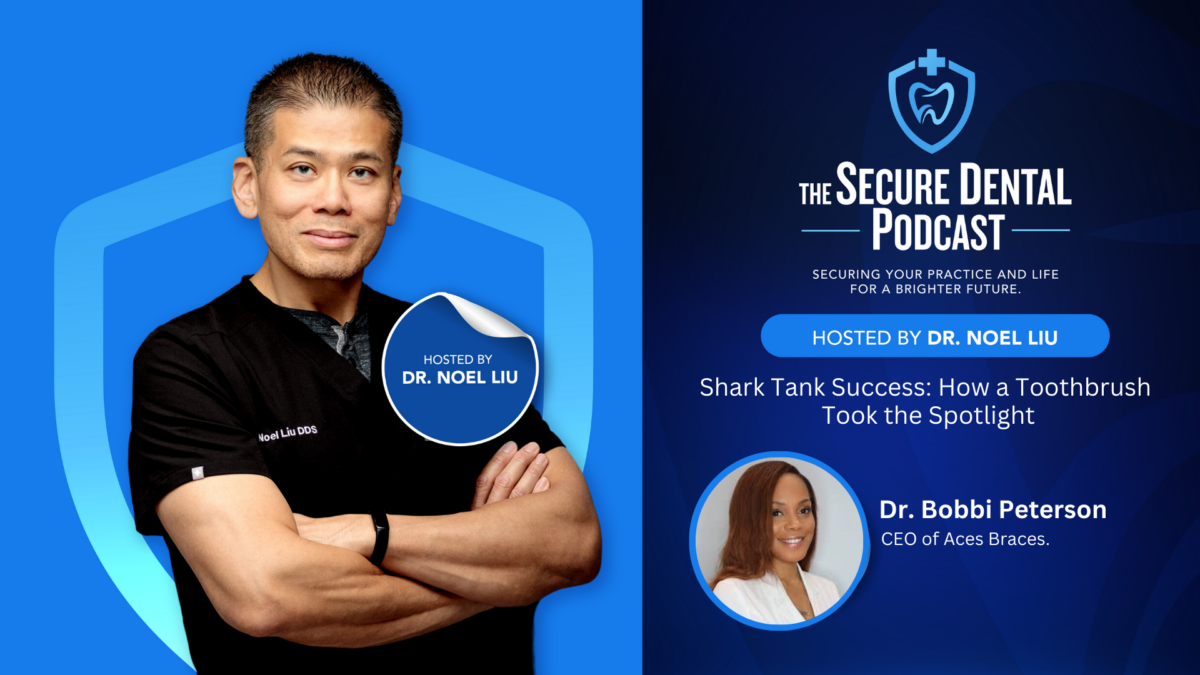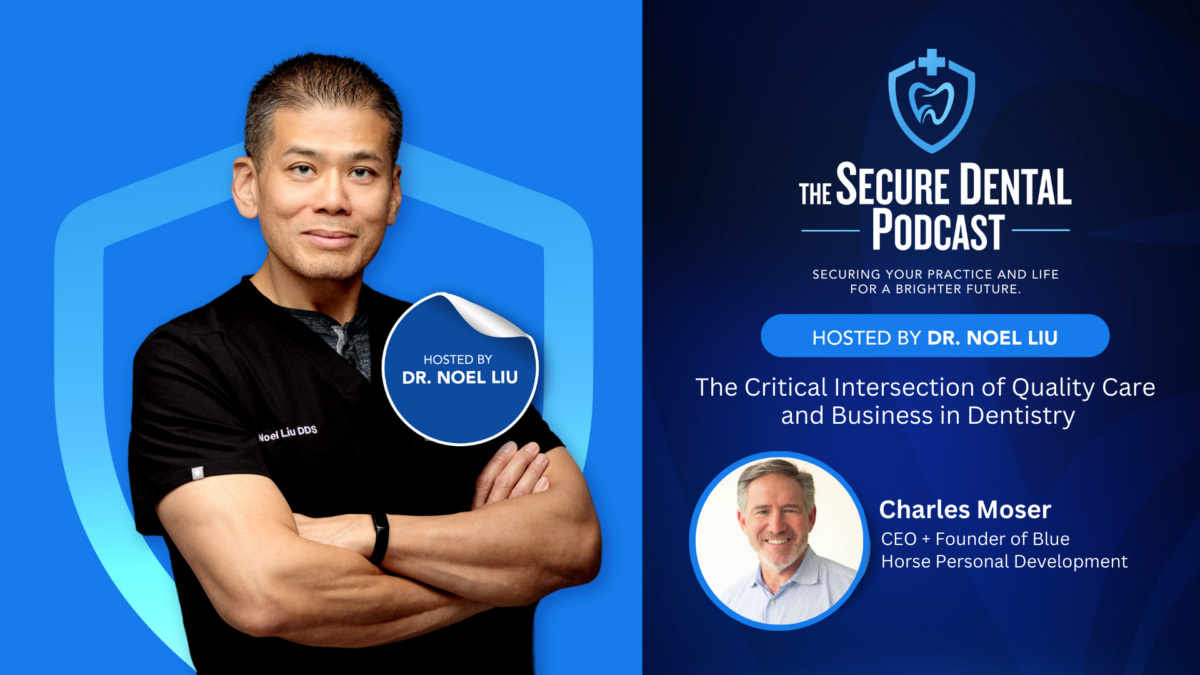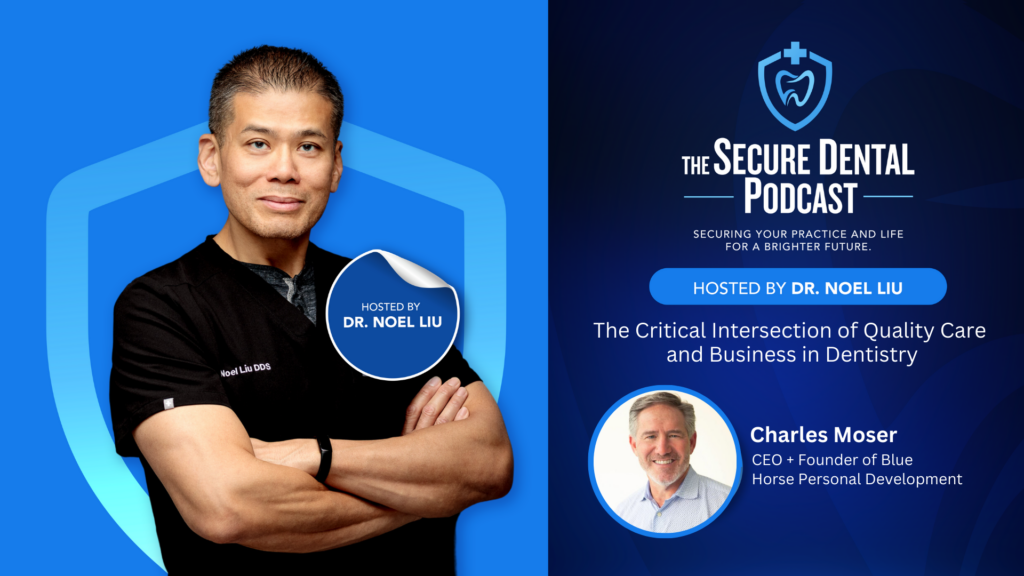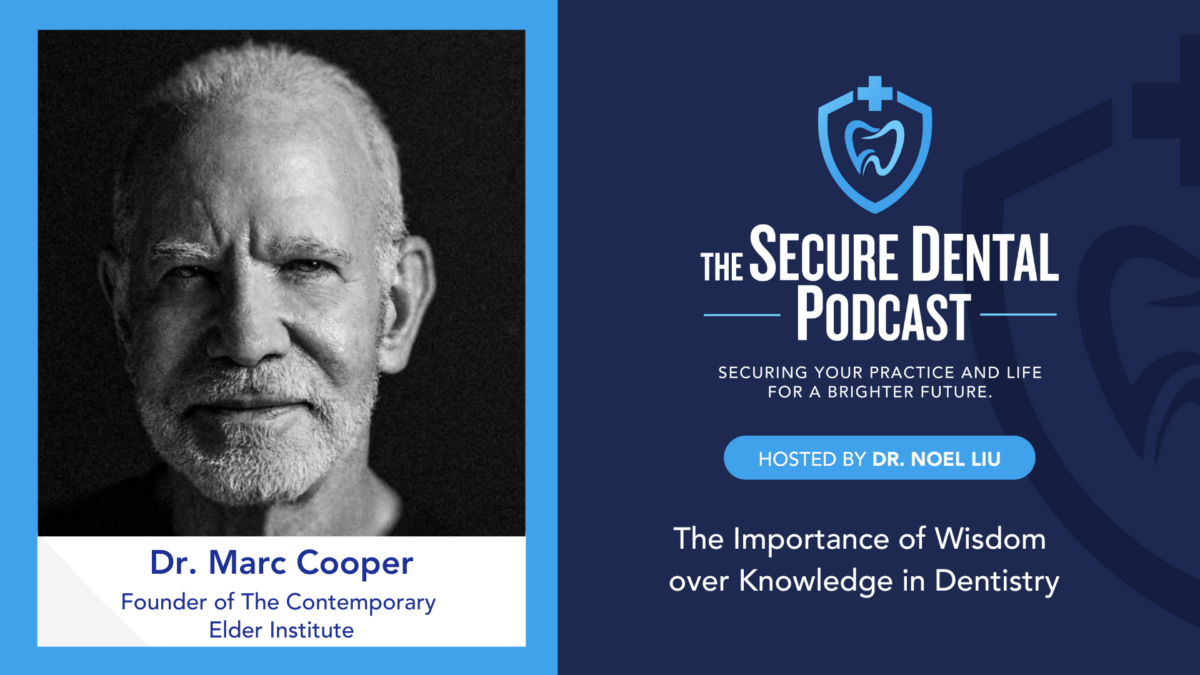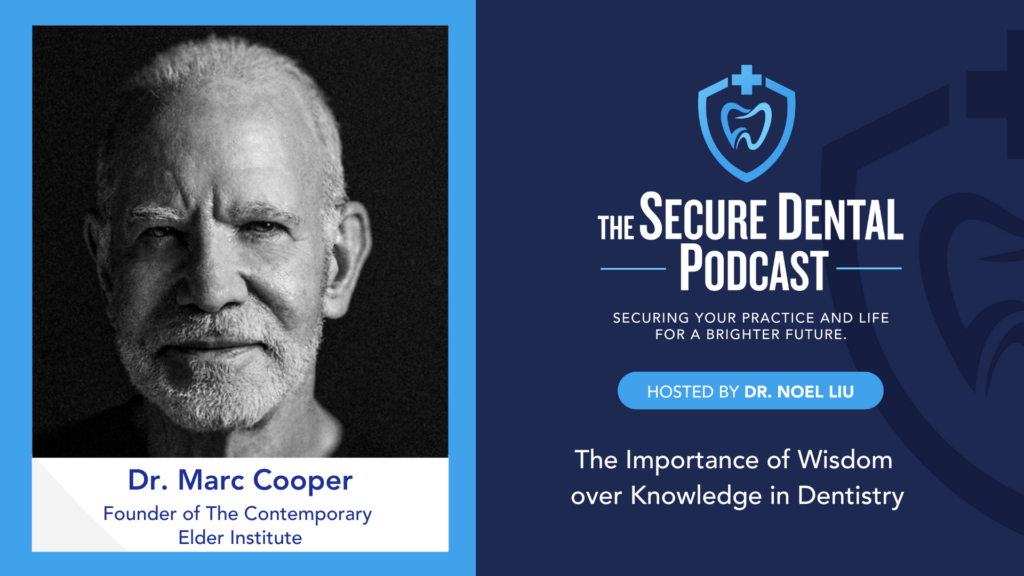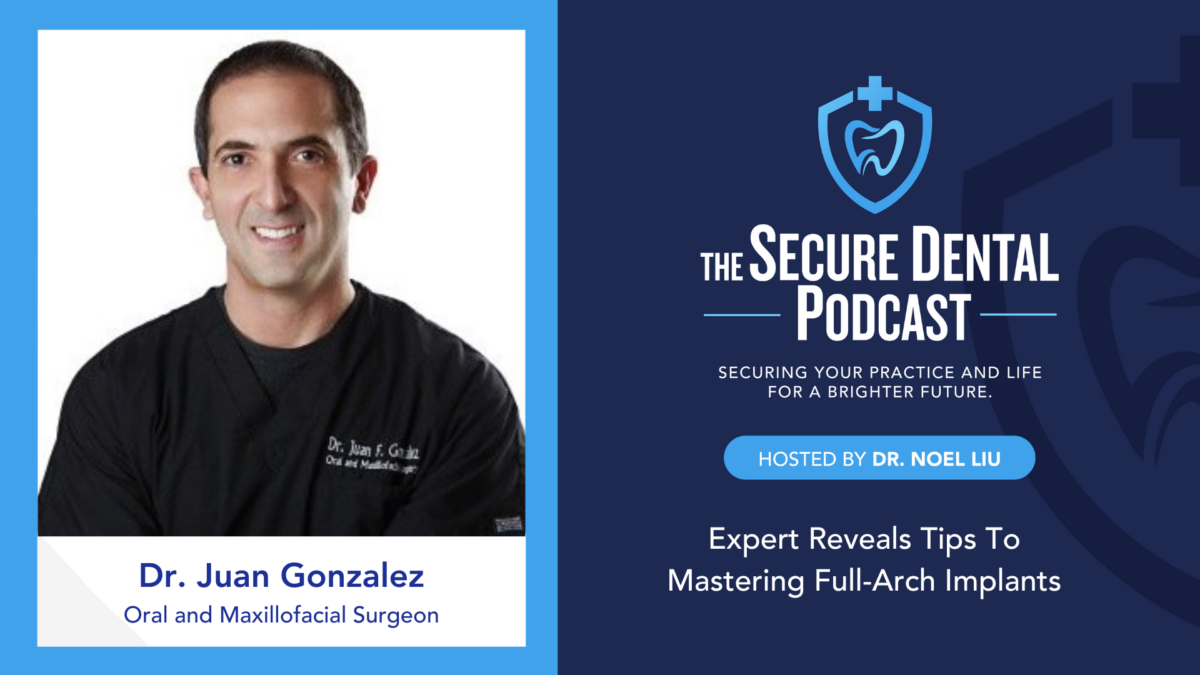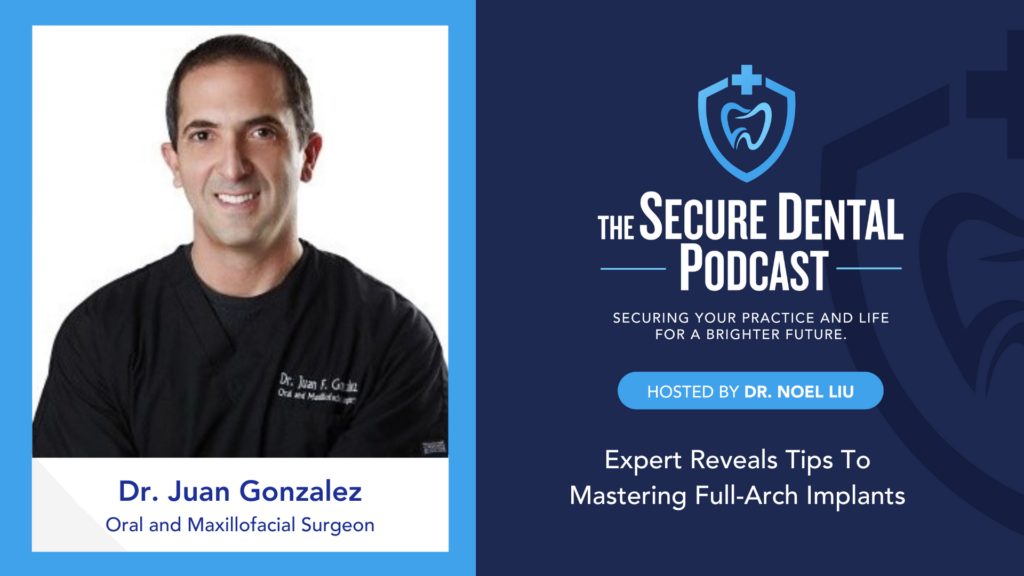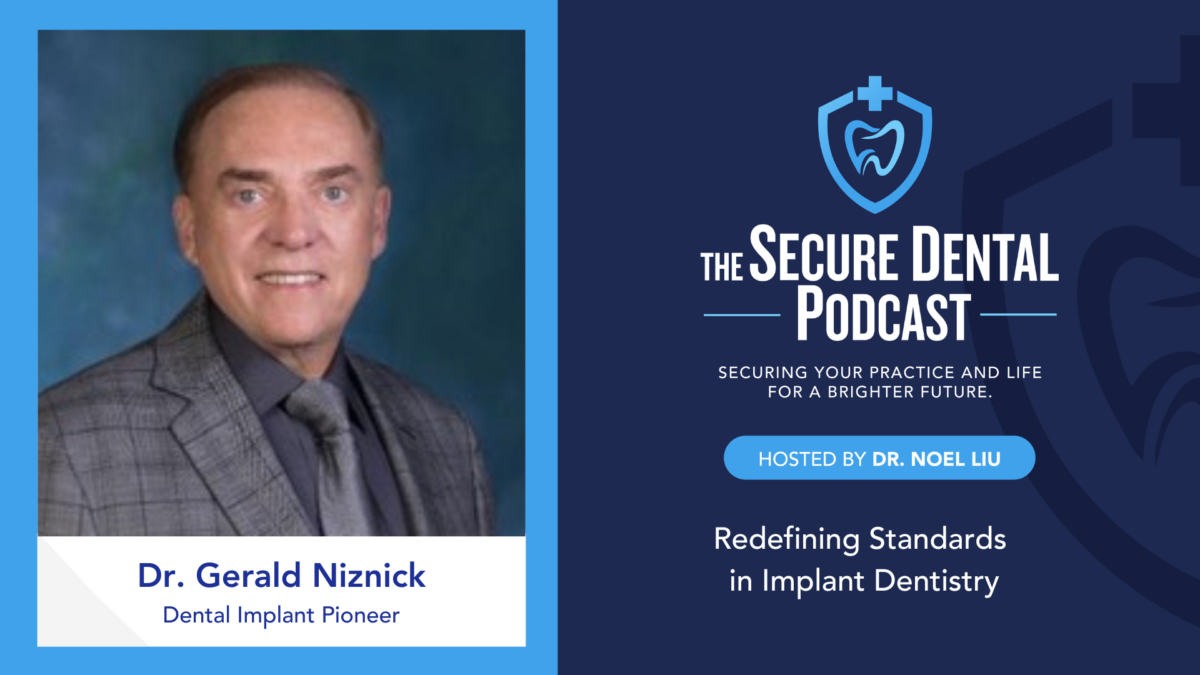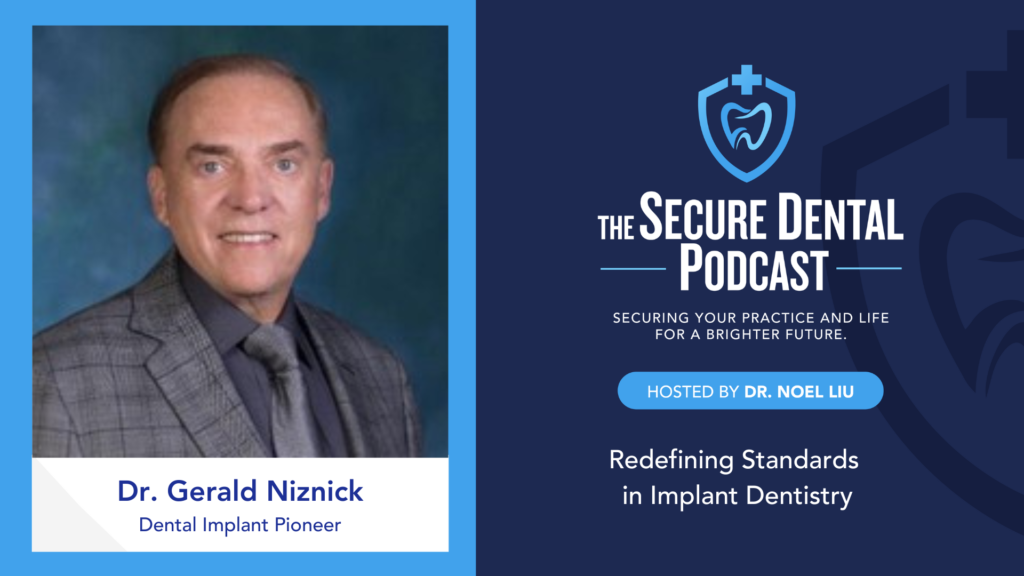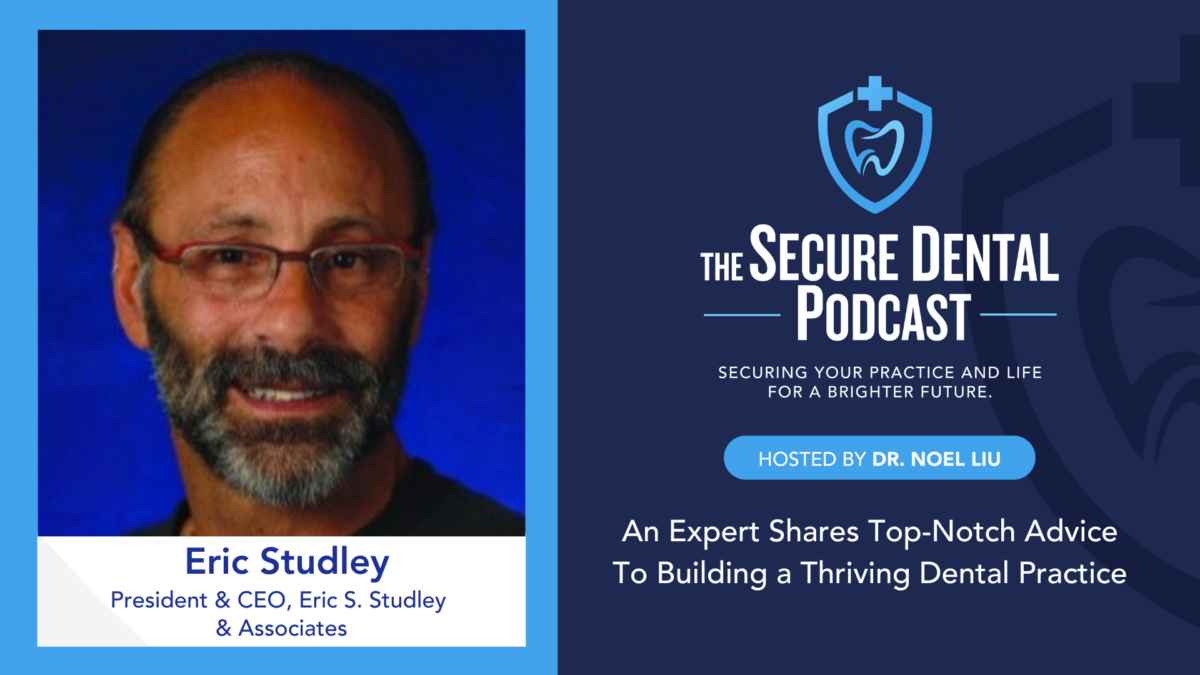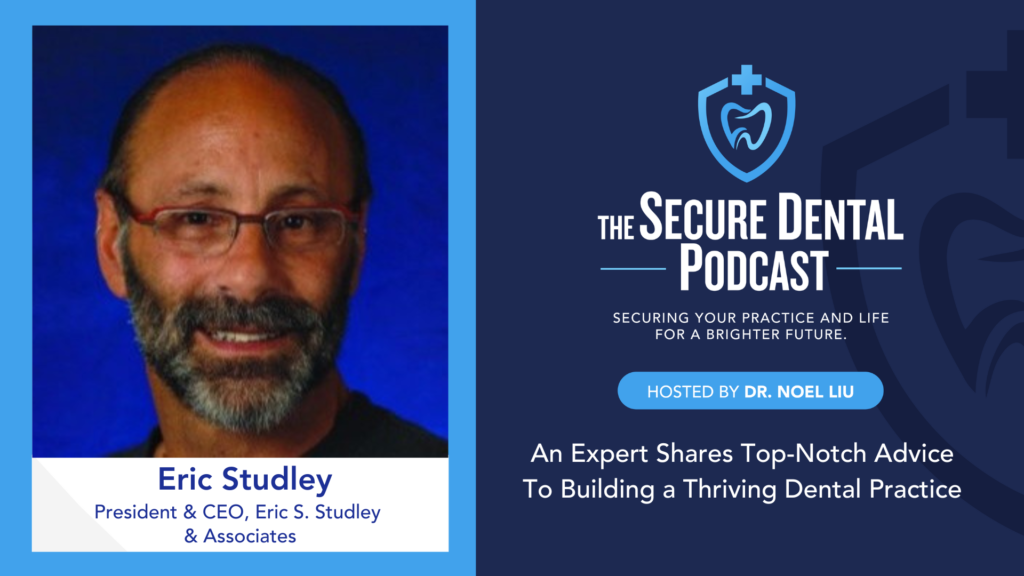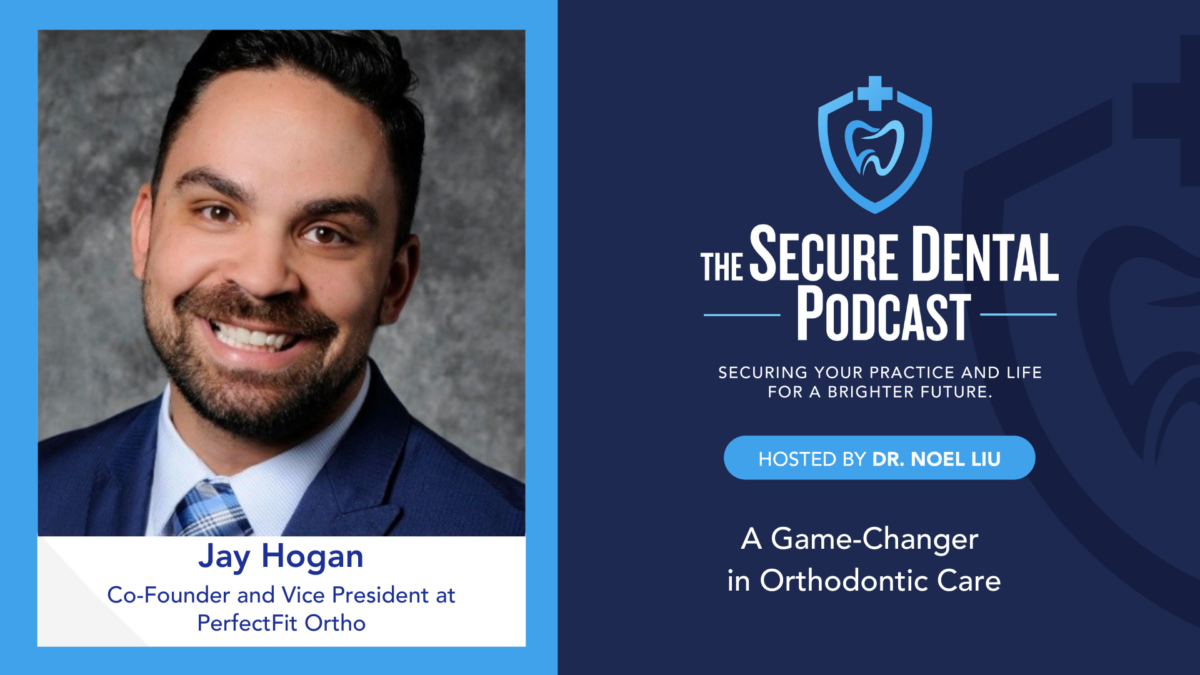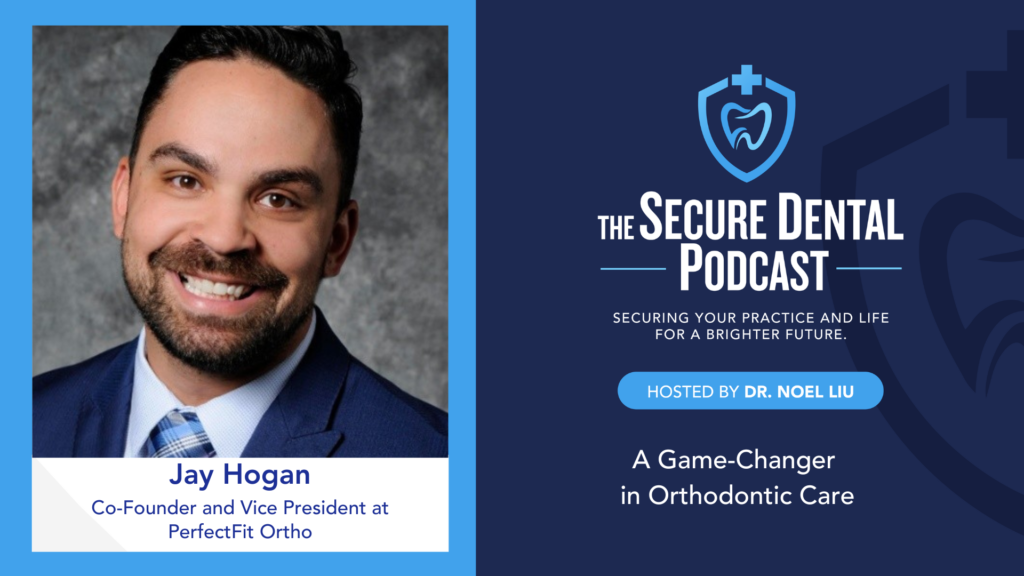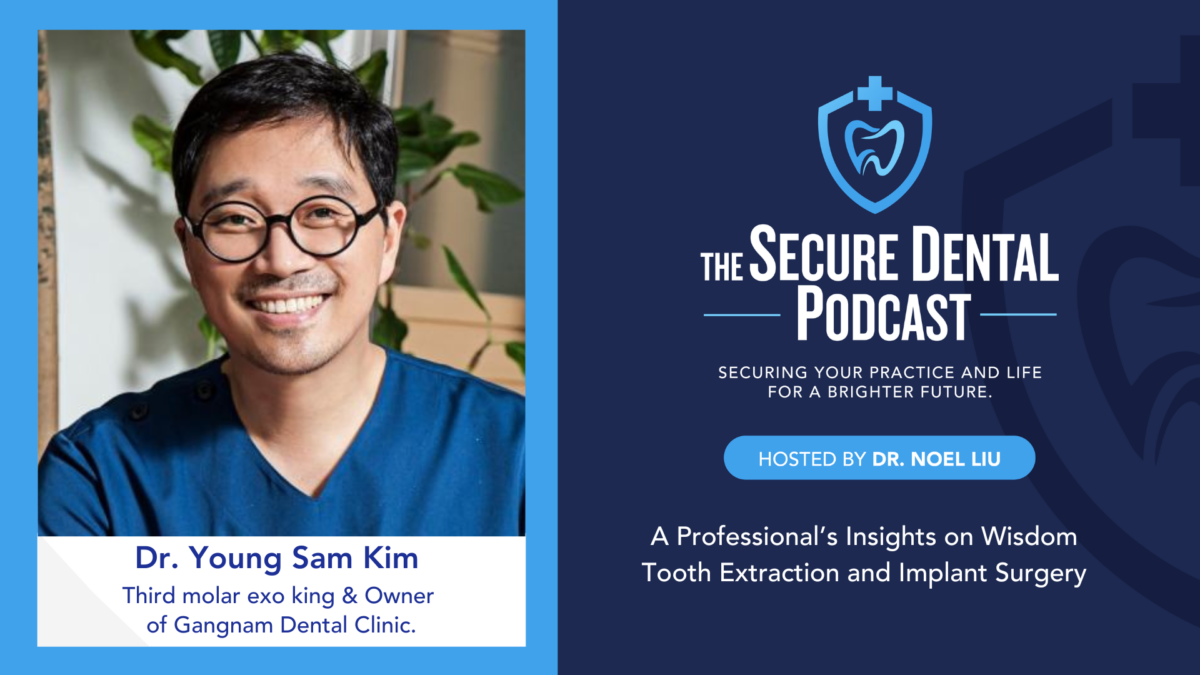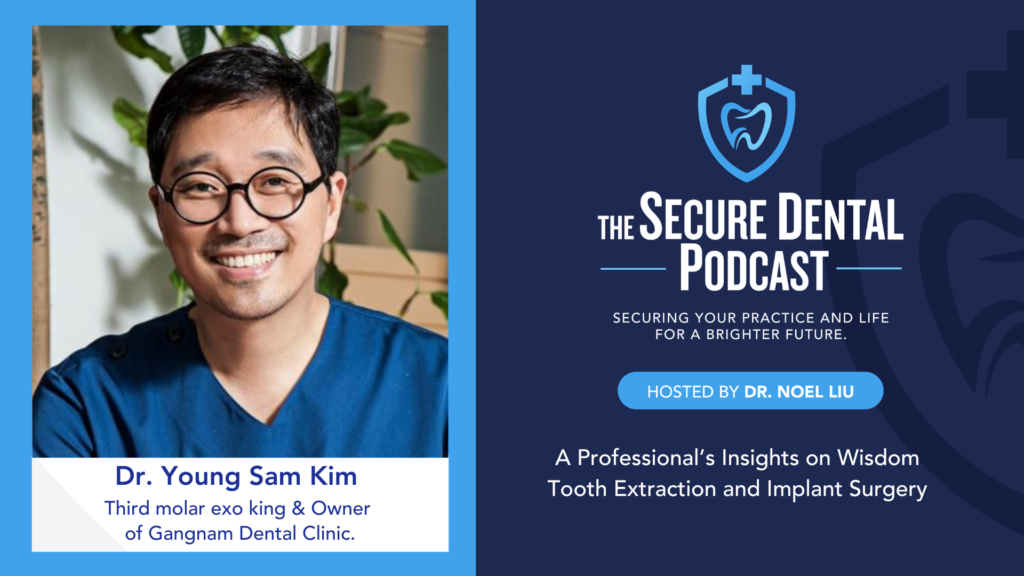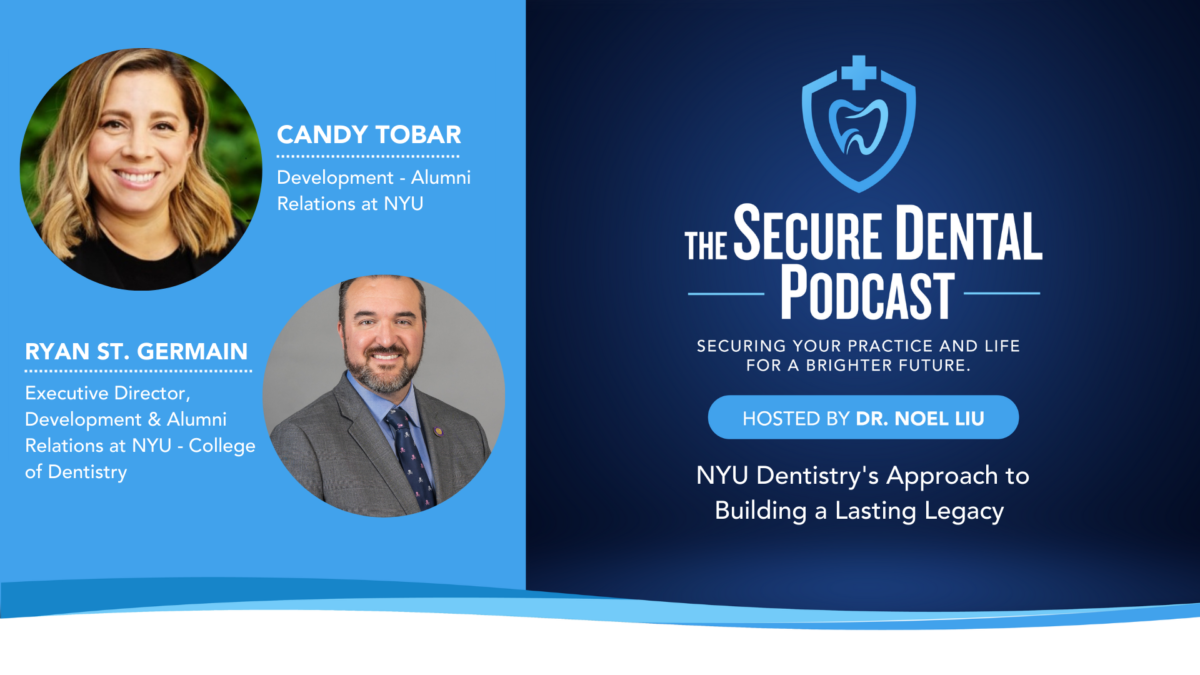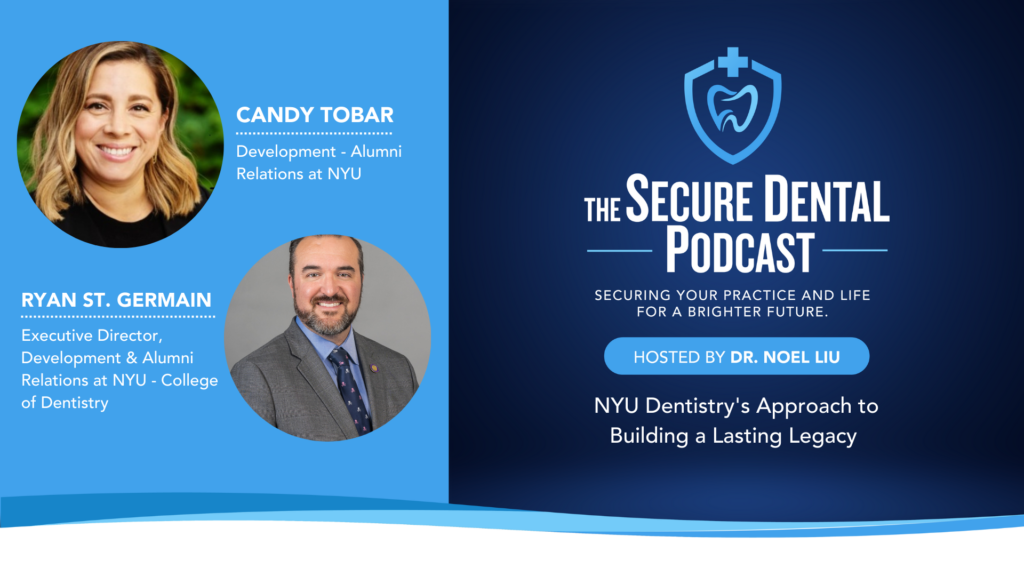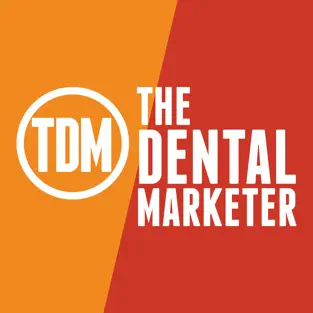
Summary:
Providing personalized care and attention to patients’ needs can differentiate dental practices and contribute to patient satisfaction and retention.
In this episode, Dr. Bobbi Peterson, renowned orthodontist and inventor, shares how her commitment to providing quality dental care to underserved communities led her to develop the Big Mouth Toothbrush, a revolutionary electronic and sonic toothbrush designed for optimal oral health. With a passion for serving her patients, Dr. Peterson emphasizes the importance of leadership, accountability, and personalized care in dental practices. When it comes to scaling a business, Bobbi shares that expanding distribution channels, such as partnering with dental offices and leveraging online platforms like Amazon, is crucial for reaching a wider audience and driving product sales. Through her practices in Brooklyn and Philadelphia, she creates a familial environment where patients feel valued and heard. Dr. Peterson’s appearance on Shark Tank catapulted her product to success, leading to partnerships and expansion into dental offices and boutiques. She emphasizes the significance of delegation, respect, and teamwork in building a successful practice.
Tune in and learn how Dr. Peterson’s dedication to innovation and community impact continues to inspire and uplift dental professionals worldwide!
Secure Dental_Bobbi Peterson.mp3: Audio automatically transcribed by Sonix
Secure Dental_Bobbi Peterson.mp3: this mp3 audio file was automatically transcribed by Sonix with the best speech-to-text algorithms. This transcript may contain errors.
Noel Liu:
Welcome to the Secure Dental Podcast. Through conversations with the brightest minds in the dental and business communities, we'll share practical tips you can use to scale your practice and create financial freedom for yourself and your family. My name is Dr. Noel Liu, CEO and Dentist at Secure Dental, and also co-founder of DentVia. I'm your host for the Secure Dental Podcast and I'm so glad you're joining in.
Noel Liu:
Hey, welcome back to another episode of our Secure Dental podcast. Today we have yet another very special guest here. Before we get started, I'm just going to start with a little bit about the sponsorship of the pod. The pod has been sponsored by DentVia. It's a virtual dental assistant company, and basically they help your back team staff members with virtual administration. Visit them at www.DentVia.com. Again, that's www.DentVia.com. Now, since that's out of the way, let's dive right in. So I got here Dr. Bobbi here, and she is such an amazing person. She does great things. She has two practices in Brooklyn and Philadelphia. And what are they really inspired by her is the work she does in the community. So without further ado, I'm going to pass the mic on to you and let you do the intro and tell us exactly what's going on and how you got started.
Bobbi Peterson:
Yes. Thank you so much for that introduction. I'm really happy to be here on the Secure Dental Studio podcast. I admire your work and thank you for what you do as well. But my name is Dr. Bobbi Peterson. As you said, I have two practices, one in Brooklyn, one here in Philadelphia. I've been practicing since 2008. I may not look, I know I was born in '92, but I've been a dentist since I was four and I'm not kidding. But I've been practicing dentistry and orthodontics for a long time. I definitely pride myself in getting back to the community like you said. Both of my practices are located in major cities and we accept all insurances and we cater to those that may not necessarily be able to afford proper dental health care. We also donate dental supplies to different high schools and middle schools in both cities. I opened up a practice in Philadelphia because I had family here, and I also went to Drexel University, so I'm very familiar with this city. Most recently, I became an inventor, and I know you want to touch base on that a little bit.
Noel Liu:
I think you're all about it.
Bobbi Peterson:
Yes. I designed an electronic mouth sonic toothbrush.
Noel Liu:
Wait, you said electronic mouth sonic toothbrush?
Bobbi Peterson:
Yes. So what that means is, yeah, so I, so a few years ago, I got with a few engineers, and I wanted to design an electronic toothbrush with a wider head. Now, the reason I wanted to do that is because, within my practice of dentistry and orthodontics, because I have some dentists that work for me, we noticed that there was a higher prevalence of gingivitis and periodontal disease. So I'm like I personally did not like how the latest advances and all of the electronic toothbrushes from these big companies were getting smaller and smaller, the brush heads were getting smaller and smaller. I'm like, How is this helping the gingivitis and oral health care problems? So I said, I personally want a wider toothbrush hand. So I got with a couple of engineers. We did our design. Four prototypes later, came up with a big mouth toothbrush. I said this works well in every corner of the average sized mouth. And we put it on the market. Yes. After being on the market for about six months, I applied for Shark Tank.
Noel Liu:
So before when it was in a market for six months, what was the name? Big mouth toothbrush? That's it?
Bobbi Peterson:
The big-mouth toothbrush. That's always been the name. Yep. That's always been the name.
Noel Liu:
And where did you have them?
Bobbi Peterson:
So initially it was only direct to consumer. Then gradually we got on to Amazon and that was pretty much it. At that point, it was direct to consumer and Amazon. That was, and then I sold them at my practice too. At that point in time I only had the practice in Brooklyn. So we sold that at the office and then we sold them direct to consumer.
Noel Liu:
And what year was that?
Bobbi Peterson:
That was 2022.
Noel Liu:
2022?
Bobbi Peterson:
Yeah. Very recent.
Noel Liu:
Wow. Wow. Okay. Okay. So yeah, keep going.
Bobbi Peterson:
Yeah. So we launched in January of 2022. In June or July, I applied for Shark Tank because it really is one of my favorite shows. And I really feel like that platform gives opportunities to entrepreneurs at every level. Like, you can go on Shark Tank with an idea. You can go on there with a prototype that you just want to sell for licensing. You can go on there if you have a failed business. You can go on there if you have a successful business. They help entrepreneurs on every level. I personally wanted to have some numbers behind my brands to bring to them to show proof of the concept. So that's why I waited about six months before I applied. So I applied six months in. They responded to me, I believe, by August. And then in September I went to go pitch. Now the problem with that was, and what a lot of people don't know is that you can go through all the stages to get onto Shark Tank, right? But you don't, and you can pitch in front of the sharks. But it does not necessarily mean that your episode is going to air. Now, your episode airing is key to your brand going through the roof in terms of sales. If no one sees the episode, it's like, How do they even know you exist? So I pitched in September and some of the people that were there with me when I pitched, like some of the brands, their episode aired like the following month. So I'm seeing all these people that were there with me and their episodes are airing, and I'm like, Oh my gosh, is my episode not going to air? It didn't air until the following March. Okay? So my episode didn't air till March of 2023. It just aired last year.
Noel Liu:
Wow, wow.
Bobbi Peterson:
Yeah, I was on pins and needles. I'm like, Oh my gosh. Because the network, they can't confirm that to you. They will, because they don't really know because it's television. It's like reality TV. You don't, they can't really tell you until maybe a month or two before.
Noel Liu:
Amazing.
Bobbi Peterson:
You just have to be ready. I sold out in 24 hours.
Noel Liu:
How did you come about this idea that you want to go to Shark Tank?
Bobbi Peterson:
So it's always been one of my favorite shows. So Big Mouth is not my first business, okay? It's not my first product. So it's my first product. So I have, initially, so the reason why they call me the celebrity orthodontist is because when I first finished my residency and I started practicing, there were in a lot of celebrity circles, right? And I wanted to be able to offer them something different. So I came up with my own line of tooth jewelry called oral fixation, and I used to make, I got with a jeweler and I made custom tooth jewelry pieces for a bunch of celebrities. Namely, one was the production company for hip-hop artist; his name is FettyWAP. So back then he was really, really popular. So he was so popular. And so that's like where I got my platform from. That's where my platform ... And that's how my name started ringing bells in those circles. So that was the first thing. So I'm not naive when it comes to selling something. Funny ...
Noel Liu:
I love your background.
Bobbi Peterson:
But yeah. So that's, just to give you a little bit of background on me finding my passion and being so passionate about the things that I bring to the world, you know what I mean?
Noel Liu:
You got this, like, inner spirit just pops out.
Bobbi Peterson:
I can't help it.
Noel Liu:
So this whole process with the Shark Tank, how tedious or how cumbersome or how challenging was it for you?
Bobbi Peterson:
I would say, I don't think it was like a cumbersome type of experience, because once they accept you, once they tell you they want you to move forward, right? They don't really tell you exactly what's gonna happen step by step. They keep you in the dark when it comes to certain things. But I was super determined and I really believed in my product. And I think they feel that when they as they bring you through the different levels. So basically you're going through different levels and different stages of pitching. So they want to make sure that you have everything together, your numbers, before they bring you in front of the sharks. Because if you go in front of them and you don't have your numbers and you don't have everything that you could possibly sell about your brand in your brain, you're not going to be able to take those questions, you're not going to be able to respond under pressure. The producers kind of work with you to make sure that you're prepared to go to the next level. And if they don't feel that you're prepared, then you're not going the next level. Exactly. After going through the different levels, I guess they felt that I was ready made. I was super, super nervous. I don't know if I've ever been that nervous because once you're flown out there, you like, I guess you know that you're gonna pitch, but you don't know when, you could be there all day waiting. That's how television is. You know, you could be in there all day waiting like me. But then, when you go out there, you literally have maybe five minutes or so. And so it's a really intense make-or-break moment. And it's, I don't know.
Noel Liu:
Tell me what was the opening pitch.
Bobbi Peterson:
Oh my gosh, you have to watch it. It was basically, the way I had it set up. My one stage, I had like a picture of my daughter, a picture of my mother, a picture of a couple different family members with the toothbrush. The display had the toothbrush there with the packaging. Now, the toothbrush that I initially pitched on Shark Tank was the electronic version because we hadn't come up with the Sonic version yet, right? So that's what was up there. And I came out there in all black, right? And I didn't introduce myself as a doctor. I just said, my name is Bobbi Peterson and I'm from Brooklyn, New York, and I started talking about how important it is to maintain your overall; the relationship between your oral health and your overall health is connected. So you've got to keep your teeth clean. And then what I did was, I said, Why do you guys think I care so much about this? Like, why do you think I care so much? And they're like, Why? I said, ... And I put on my white coat and I said, Because I'm an orthodontist. My name is Dr. Bobbi Peterson and I'm an orthodontist. My product is the Big Mouth Toothbrush. So then it made more sense to them. Like, why is this person coming out here talking about oral health care? Why is he using all these crazy big dental words? And I made the comparison with a photo of Mr. Wonderful. So basically I'm like, if you don't take care of your teeth, you could look like this guy. So I had a picture of Mr. Wonderful with missing teeth and ... Love.
Noel Liu:
Love it. Love it.
Bobbi Peterson:
But it really came down to the wire, right? Because almost all of the sharks were out. They'd all gone out. They both, all of them loved the product. They were like, We really...
Noel Liu:
Which is pretty typical with these guys.
Bobbi Peterson:
Yeah, they pretty much all were ... except Mr. Wonderful and they were like, I think their main thing was that the oral health care is such a competitive market. They didn't want to, I guess they weren't up for the challenge. That's what it sounded like to me. But they were like, but good luck. You've been doing a great, you've been doing a great job so far. So Mr. Wonderful came at me with an offer. Kevin came at me with an offer, and I was like, man, because he loves royalty. So ... royalty is killing me. And then I countered his offer. And then Barbara came in and was like, I'll take that offer. And I said, Yes. So that's my partner. Yeah, that's my partner.
Noel Liu:
That's amazing. So fast forward, what's happening now?
Bobbi Peterson:
Okay. As I said before, the initial version of the toothbrush was electronic, so I went from electronic to sonic. So for those of your viewers and listeners that don't know the difference, I'll explain it. The difference is the amount of vibrations per minute. So an electronic toothbrush, the maximum amount of vibrations is 10,000 vibrations per minute. When you move into the sonic realm, the maximum is 50,000 per minute, so it's much more powerful. My toothbrush has five different speeds. It has five different levels of intensity. And I find that a lot more oral, health-conscious people, they like sonic toothbrushes, even though some, a lot of people, when I first put it on the market, they thought sonic was a brand, but it's not. It's an actual type of toothbrush like Philips had a sonic version and electronic version. Big Mouth had an electronic version. Now they have a sonic version.
Noel Liu:
See, I did not even know. I just learned something new from you.
Bobbi Peterson:
Yeah, so that's it. But it's doing amazing. The toothbrush is doing amazing. We're now in Amazon. We are in over 100 dental practices. There's a lot of dental practices that actually sell the toothbrush. Dental practices get commissions for selling the toothbrush in their office. So what we do is we ship them a free toothbrush, let them try it out. For anyone, any dentists that are listening to your podcast, we send you.
Noel Liu:
I'll be the first one after this.
Bobbi Peterson:
Yeah, absolutely. We'll send you a toothbrush for free to try, give us feedback on it. Yep. And then you get commissioned for your sales. Like it's been doing really well. We also are about to launch in boutiques in Soho. So there are these like tattoo and piercing places where they also do tooth jewelry. So I've been training them on how to place the tooth jewelry, and they add the toothbrush as part of their home care regimen.
Noel Liu:
Amazing, amazing.
Bobbi Peterson:
Amazing, right? It's crazy. So it's been doing really well.
Noel Liu:
No, that's so awesome. So how much have these guys supported you in terms of networking, connections, getting the product out?
Bobbi Peterson:
I think that. I have meetings with them. I meet with them like bi-weekly. Yeah. But they're, the most of the meetings are about what I've been doing. Like she's not extremely hands on. She chooses entrepreneurs that she believes in so she doesn't have to walk them through things. And I think with the type of relationship that we have is that I'm in a position where I've learned a lot from her and I want to impress her. So being a partner with her makes me want to work even harder if you can imagine.
Noel Liu:
That's such a great attribute, because once you do that, that accountability automatically kicks in.
Bobbi Peterson:
Absolutely, absolutely.
Noel Liu:
So let's switch gears a little bit. Let's talk about your dental practice, your patients. What's going on on that end? Like what are you doing to start getting into these disenfranchised communities? And what are you doing to help them?
Bobbi Peterson:
Yeah. So what I find is, so I've had my practice in Brooklyn since 2008, like I said, and I have a wide variety of patients. Yes, I do. Like I told you, I do accept all insurances, but the unique thing about my orthodontic practice is that 50% of my patient population are adults. A lot of orthodontists see the majority, like the majority of their practice, preteens and teenage. I do have a lot. I have a lot of those too. But a lot of the adults come to me because a, I make it affordable and I just have a ton of experience at this point. So a lot of, I see a lot of adults, but when you come into my office, it's a very bulk offices. It's a very familial environment. Right now, my mom, when she retired, I grabbed her as quickly as I could. She's my office manager. My daughter is my treatment coordinator. So also, so when you walk in the door, it's just a very familial environment. We always remember people's names. We actually talk to our patients. So for example, I know a patient has like a prom or a graduation coming up; we make a note in the chart so that we see them next time. Hey, how was your graduation? Oh, hey, how was your birthday? I built my staff up to do that, to make it just a little bit more comfortable. Because dentistry is not a comfortable place.
Noel Liu:
Nobody likes going to the dentist or the orthodontist. Right?
Bobbi Peterson:
So we try to make it good. We play all kinds of music when they come in. You could hear anything from country music to reggae when you walk in. Reggaeton, you get your Spanish music. We cater to everybody. Practices has been really successful. The Philadelphia practice was a little bit easier to open because Instagram and social media, sure, they make it a lot easier for people to find you. So some of my followers already known about me from having my practice in New York. Once I made the announcement that I was coming here, people started calling.
Noel Liu:
Look at you. I love it.
Bobbi Peterson:
Yeah, yeah, it's really cool. I'm really blessed.
Noel Liu:
So tell me, what's your vision right now for your practice as well as with your product?
Bobbi Peterson:
For me personally, I don't see myself opening up another practice where I'm going to be present. Okay? I can be with so many places at one time, and I know that once when people see my practice and they see me, if they want to see me. Like they don't want to be seen, they don't want to come to Aces Braces and see other dentists. Like they want to see me. I don't see that for me. I think Philly is it for me in terms of opening up practices. And my daughter ..., if they want to open up another office. It's okay, that's on them. ... In terms of a big mouth. I would like to continue to have the product being sold in other dental offices. I don't think that retail is for me and my partner agrees with that. I don't think. It's a very specific type of toothbrush. It's an upscale toothbrush. It's a very, it's posh. So it's going to be presented that way. It's being presented that way. So yeah, I don't think it's for retail, but I definitely love the, that the dentists have been reaching out and basically saying that they want to sell the product in their office. I want to keep it as a dental, being sold in dental offices. And then of course, directing is over. We're still on Amazon. We have an Amazon store. Amazon is almost like a must for a product like mine, because when you have platforms and you're selling through platforms like Shopify, just to let the listeners know, the shipping costs are very high for people outside of the US. So Amazon makes it a lot more cost effective for the owner of a brand to be able to sell in other countries.
Noel Liu:
Are they pretty hard to deal with or are they like pretty okay?
Bobbi Peterson:
Yes and no. I think the bigger you get, the bigger you get on Amazon, the more problems you encounter. But I think that, I would say that every problem that we have had has worked itself out in a timely manner.
Noel Liu:
Got it, got it.
Noel Liu:
Yeah. So you are more like a boutique kind of.
Noel Liu:
Yes. Oh, that's great.
Bobbi Peterson:
Very ... Yes. I want to keep it that way.
Noel Liu:
Now, has Barbara ever told you to expand your dental practice?
Bobbi Peterson:
No, she has not. She has not said that. Yeah. No, she's never said that. We don't really speak much about my dental practice. What if I expressed to her that I had hired some more dentist? That was the only thing that she commented on, like that I hired people to help me, probably so I could put more time into Big Mouth. But yeah.
Noel Liu:
No, I love it. I love it, yeah. Pretty much I think we've covered quite a bit.
Bobbi Peterson:
Yes, I think so too.
Noel Liu:
So any last comments? Just one last question for you. What do you think about for the audience with dental practices, how important is leadership and accountability?
Bobbi Peterson:
Oh, good question.
Noel Liu:
From your perspective.
Bobbi Peterson:
From my perspective, I feel as though leadership is extremely important. There really can only be one and the dental practice. That leader needs to delegate and respect the opinions and the opinions and the inputs of their employees at all times. I take suggestions, when we have our meetings, I always add any suggestions on how we can make this better, and I'm very accepting of that. Accountability is huge as well. You can't, a team cannot function without people taking accountability for the good things they do and the bad things they do. You know, that's super important. I think that delegation is important. Everyone knowing their jobs very well is very important. Not allowing others to do other people's jobs is very important, but everyone know what their tasks should be and be able to execute them very well.
Noel Liu:
Great. Love it. Yeah, we've covered all. So how can people find you?
Bobbi Peterson:
To fine me directly, my Instagram is iamdrbobbi. My office Instagram is allthingsdrbobbi. I am drbobbilicious on TikTok, and the Big Mouth toothbrush also has a page that's not curated by myself, but it's BigMouthToothBrush on Instagram. They can also purchase my toothbrush on Amazon. All you have to do is type in big mouth toothbrush or best sonic toothbrush, anything like that, and it'll come up. And you could also purchase them on our website at BigMouthToothbrush.com.
Noel Liu:
BigMouthToothbrush.com. Love it. We're going to have the link below. So definitely. And I think this brings us to our conclusion. And I really appreciate your time and coming and your commitment to the community. I love it.
Bobbi Peterson:
Thank you so much for having me.
Noel Liu:
No, absolutely. The pleasure's all mine. And yeah, with that being said, we're going to land a plane. This is going to be the end of our episode. So make sure everybody like and subscribe, and we will see you on the next pod.
Bobbi Peterson:
Thank you so much.
Noel Liu:
Thanks for tuning in to the Secure Dental podcast. We hope you found today's podcast inspiring and useful to your practice and financial growth. For show notes, resources, and ways to stay engaged with us, visit us at NoelLiuDDS.com. That's N O E L L I U D D S.com.
Sonix is the world’s most advanced automated transcription, translation, and subtitling platform. Fast, accurate, and affordable.
Automatically convert your mp3 files to text (txt file), Microsoft Word (docx file), and SubRip Subtitle (srt file) in minutes.
Sonix has many features that you'd love including share transcripts, world-class support, collaboration tools, enterprise-grade admin tools, and easily transcribe your Zoom meetings. Try Sonix for free today.
About Dr. Bobbi Peterson
Dr. Barbara “Bobbi” Peterson is an orthodontist and entrepreneur, known for her appearance on ABC’s Shark Tank, where she successfully pitched her product, the BigMouth toothbrush. Growing up in a family of healthcare professionals, Dr. Peterson developed a passion for oral hygiene, leading her to pursue a career in dentistry. After completing her orthodontic residency in New York, she opened her practice in Brooklyn in 2008.
Concerned about her patients’ oral health, Dr. Peterson developed the BigMouth toothbrush, aiming to address issues of plaque buildup and gingivitis. Inspired by her childhood nickname, “Mighty Mouth,” the BigMouth toothbrush features a wider head for more effective cleaning.
Beyond her two dental practices in Brooklyn and Philadelphia, Dr. Peterson continues to innovate, expanding the BigMouth product line to include sonic toothbrushes and new color editions. With products available on Amazon and in over 100 dental offices nationwide, Dr. Peterson remains committed to promoting oral health and providing quality dental care.
Things You’ll Learn:
- Providing personalized care and attention to patients’ needs can differentiate dental practices and contribute to patient satisfaction and retention.
- Navigating the entrepreneurial journey requires resilience, strategic planning, and a willingness to seek mentorship and guidance.
- Developing successful products requires thorough research, prototyping, and attention to customer feedback.
- Pitching to investors requires preparation, confidence, and a compelling narrative to secure funding and support for business growth.
- Expanding distribution channels, such as partnering with dental offices and leveraging online platforms like Amazon, is crucial for reaching a wider audience and driving product sales.
